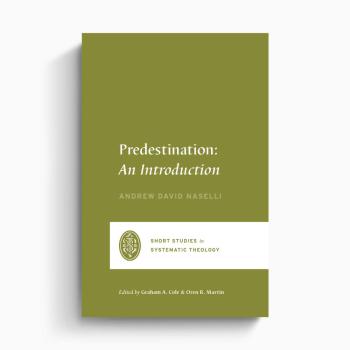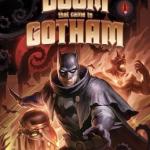Review of Swamplandia! by Karen Russell
Although Swamplandia! somehow stole one of the three finalist positions for the 2012 Pulitzer Prize in Fiction, the book lacks the strength to compete at that level. It is a simple exile-and-return story of a family. The only element that might keep readers interested would be Karen Russell’s ingenuity in crafting fun sentences and a fantastical world where a child’s perspective and reality meld into one.
Swamplandia! spins a tale about the Bigtree clan, comprised of Hilola, the Chief, and their three children, Osceola, Ava, and Kiwi. The story is told from the perspective of Ava in the first person and in some chapters from Kiwi’s angle, but in the third person. On an island, the Bigtrees own an alligator amusement park named Swamplandia! where the key attraction is Hilola’s dive into a tank full of alligators and her successful swim to safety. The Chief performs an alligator wrestling act and the children play supporting roles in the management of the park.
Instead of being eaten by alligators, Hilola succumbs to ovarian cancer. After her death, things fall apart. People stop coming because Hilola’s act is gone, a rival park is created on the mainland named The World of Darkness, and the children have problems swallowing reality. Money becomes scarce and Kiwi, the son, decides to go to the mainland and make money for the family, believing that the Chief is mismanaging Swamplandia!. Osceola runs off with the ghost of a dead dredgeman whom she intends to marry while Ava chases after her sister with the help of a Charon-like Birdman.
The family members each go their separate ways only to be reunited at the end to the collective sigh of relief of the Bigtrees. Swamplandia! borders on absurdity in the way it describes the characters and the situations they find themselves in. Kiwi finds himself employed at none other than The World of Darkness, where park patrons are called Lost Souls and accompany a whole host of Dante-esque allusions in the hell-themed rides. But after a hundred pages or so, the appeal of exaggerated language begins to wear thin and the story becomes onerous.
There are some potentially powerful themes present in the narrative that Karen Russell failed to develop–of adolescence, of a father’s failure to live up to his responsibilities, of Kiwi’s childish determination to show the Chief the error of his ways, and of the inviolability of the family. In the end, the story doesn’t really go anywhere and didn’t really need to be told. The characters, while initially stimulating, become increasingly anodyne as boredom creeps in.












